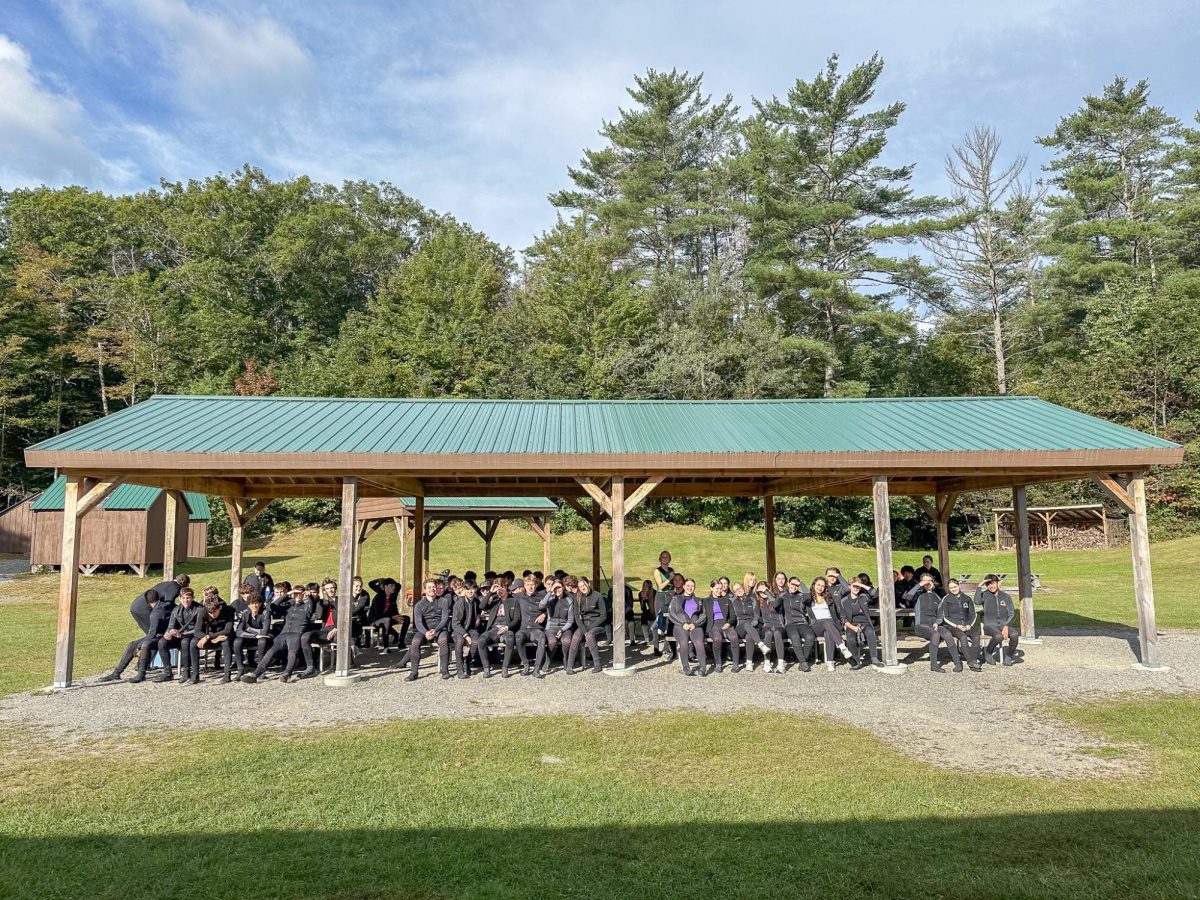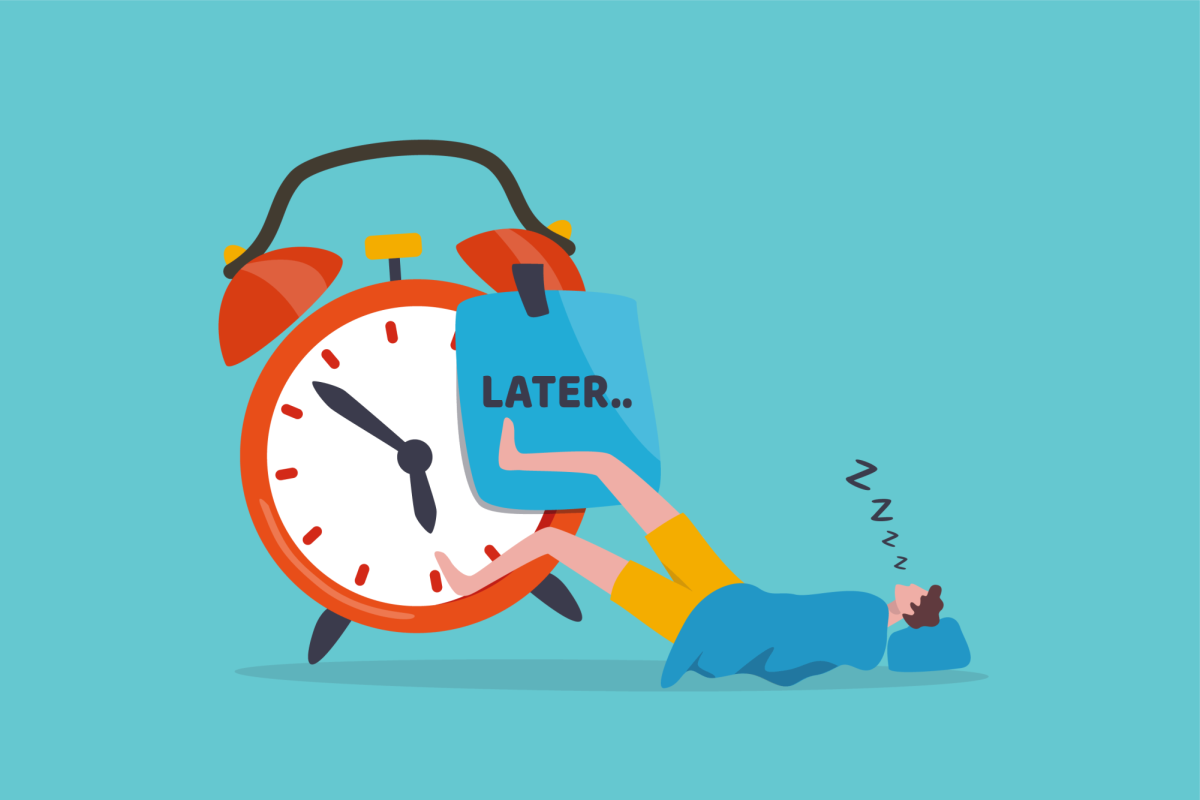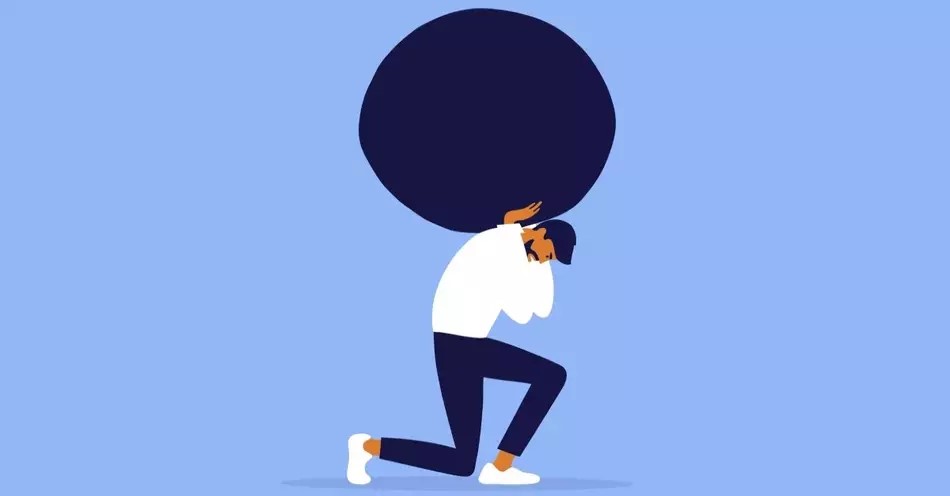Let’s be honest—procrastination is practically a high school tradition at this point. A project due tomorrow? Netflix sounds like a better plan. Study for a big test? Maybe after scrolling through TikTok for “just five more minutes.” It happens to all of us, but why do we put things off even when we know we shouldn’t? And more importantly, how can we stop?
In this article, we’re diving into three reasons why we procrastinate on the Hill and sharing three simple methods to break the cycle. Because while procrastination might feel like second nature, turning things around is totally doable—and honestly, way less stressful.
Our Abnormal Psych class took the liberty of sending out a survey to see why our Huskies are putting off their assignments.
Out of 88 completed surveys, the top three thoughts when Huskies (you guys) procrastinate are:
- “There’s plenty of time to do this later.”
- “I’m too tired right now.”
- “I don’t even know where to start on this assignment.”
The top three tasks you are most likely to put off are:
- Tasks that are boring or repetitive.
- Tasks that have a distant due date.
- Assignments that seem too difficult or require a lot of work.
So, we’ve cracked the code on why we procrastinate- but what now? It turns out that breaking the cycle isn’t as complicated as it seems. Whether it’s shifting how we think about deadlines, boosting energy levels, or tackling assignments with a smarter approach, there are ways to stop putting things off AND start getting things done. Now we’ll talk about three simple solutions that can actually make a difference.
Strategy 1: The Start-Now
One of the biggest reasons people procrastinate is waiting for the ‘perfect’ moment– but the truth is, there’s rarely a perfect time. So? Just start. Instead of putting off assignments, tackle them right away, even if it’s just a small part. Writing one sentence, reading a single paragraph, or organizing your materials can kickstart momentum. Once you begin, it becomes so much easier to keep going. This method helps bypass the mental block that makes tasks seem much more intimidating than they are. And, the sooner you start, the more time you’ll have to improve and refine your work, rather than just rushing at the last minute!
Strategy 2: The Power of a Plan
A messy workload can make it feel impossible to know where to begin. That’s where the organization comes in. Creating to-do lists help visualize tasks and prioritize them in a way that makes sense. Even more effective? Breaking down assignments into smaller, manageable steps. Instead of seeing a research project as one giant project, divide it into sections– research, outlining, drafting, revising. Checking off mini-goals as you go provides a sense of progress and motivation, making work seem less overwhelming. Plus, knowing exactly what needs to be done makes it easier to commit to working, instead of aimlessly putting things off.
Strategy 3: Teamwork & Focus
Distractions are the ultimate productivity killer, whether it’s endless social media scrolling or getting stuck in unrelated conversations. Setting boundaries – like putting your phone on silent, using website blockers, or working in a quiet space – helps keep attention where it needs to be. But, if working solo feels tough, consider teaming up. Studying with friends or joining a group holds you accountable and can make even the most tedious tasks feel manageable. Talking through concepts, bouncing ideas off each other, or simply working alongside people with the same goal can make assignments feel less isolating and more productive. Just be sure not to get distracted!
With SATs, AP tests, and finals just around the corner, procrastination can make an already stressful season even tougher. But with the right strategies you can ditch last-minute panic and set yourself up for success. Good luck, Huskies!


























